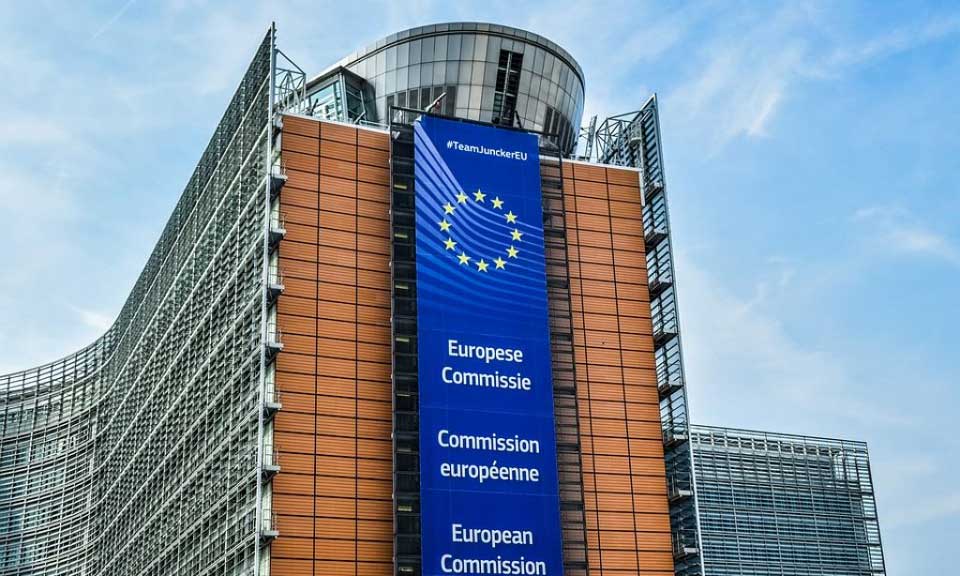
Overall, Georgia continues to fulfil the visa liberalisation benchmarks and has taken action to address the Commission’s previous recommendations, states the European Commission’s fifth report, which lists the criteria fulfilled by Georgia and new recommendations.
EC will send the document to the European Parliament and the European Council.
In the part of recommendations for Georgia, the document reads as follows:
“Overall, Georgia continues to fulfil the visa liberalisation benchmarks and has taken action to address the Commission’s previous recommendations.
However, further efforts are needed in visa policy and fighting money laundering and organised crime,” the document reads.
According to the report following issues need to be further addressed:
a) Align Georgia’s visa policy with the EU’s list of visa-required third countries, in particular those third countries presenting irregular migration or security risks to the EU.
b) Continue to address unfounded asylum applications in Member States; tailor information campaigns on the visa-free regime to relevant migrant profiles, including vulnerable groups, those remaining beyond the period for which entry was granted (overstays), and those making unfounded asylum applications.
c) Increase efforts to tackle corruption, in particular the role of large-scale vested interests and their influence in the economic and political spheres, in particular by strengthening the independence and coordination of anti-corruption institutions as well as providing them with
necessary resources.
d) Finalise efforts to fully align national legislation with the EU acquis on anti-money laundering and counterterrorism financing.
e) Step up efforts against organised crime, especially the networks connected to operations in the EU.
f) Fully align the procedure for appointing Supreme Court judges with the Venice Commission’s recommendations, and adopt and implement legislation evaluating the integrity and performance of Supreme Court judges.
g) Ensure the independence of the data protection authority.
The document concludes with an assessment of Albania, Bosnia and Herzegovina, Montenegro, North Macedonia, Serbia, Moldova, Ukraine and Georgia.
“The Commission considers that all the countries assessed have taken action to address a number of the recommendations made in the Fourth Report under the Visa Suspension Mechanism. For those countries whose nationals obtained the visa exemption less than 7 years ago and for which reporting on the fulfilment of the visa liberalisation benchmarks is still necessary, the Commission considers that the visa liberalisation requirements continue to be fulfilled. However, all countries need to take further action to ensure the continuous fulfilment of the benchmarks and to address the Commission’s recommendations.
In 2021, the end of COVID-19 travel restrictions had an impact on trends in irregular migration, applications for international protection, returns and readmission. Most countries registered an increase in these trends compared with 2020. Nevertheless, in general, Member States and Frontex continue to report good cooperation with all eight countries on border management, asylum, return and readmission. In terms of further action to take on migration, asylum and readmission, several countries need to continue addressing unfounded asylum applications, including by strengthening participation in EMPACT and continuing to organise targeted information campaigns.
In judicial cooperation, public order and security, Member States also report good overall cooperation with all eight countries. However, further efforts are needed, in particular in the fight against organised crime, financial fraud, money laundering, and corruption. people-to-people contacts, and can also trigger key policy reforms in these countries. The recent developments in the EU’s enlargement policy, with Ukraine, Moldova and Georgia having their perspective to become EU members recognised37, make implementing visa liberalisation benchmarks and following up the Commission’s recommendations an even more important objective for both the EU and the candidate and potential candidate countries.
Therefore, close monitoring of this process will continue, including through meetings between senior officials, the regular Justice, Liberty and Security subcommittee meetings, and discussions between the EU and the countries covered in the report. The monitoring of aspects related to the visa liberalisation benchmarks will also continue being included in the Commission’s annual enlargement package,” the document reads.






